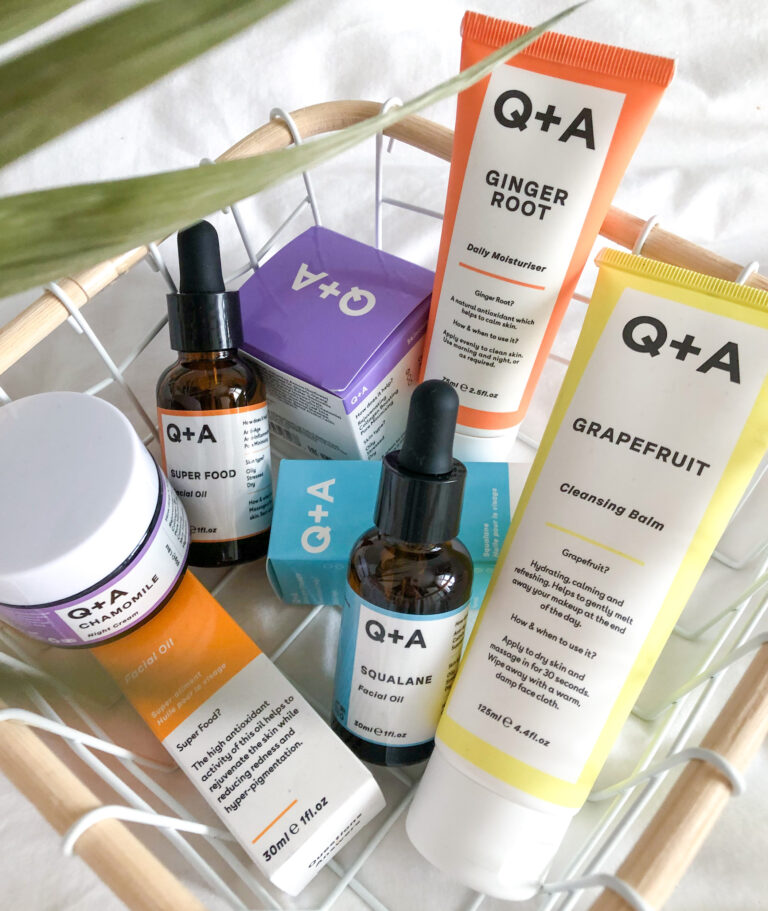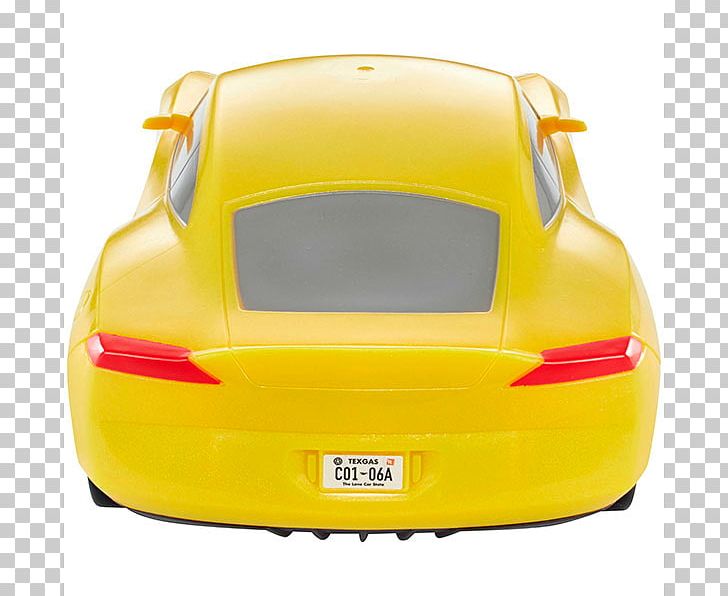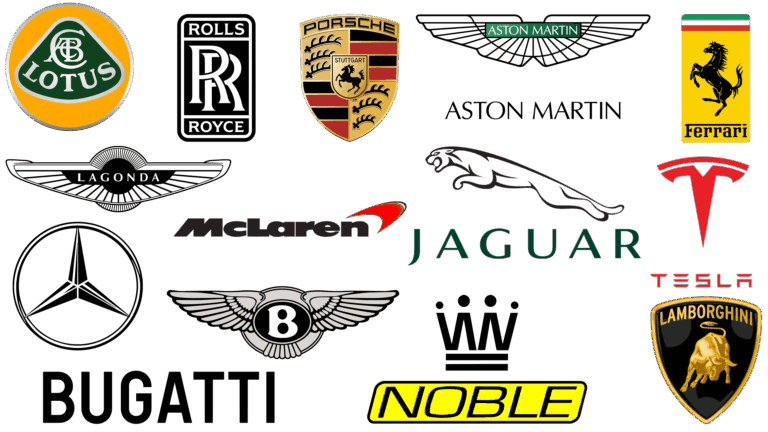Car Battery Name Brands: Powering Your Journey with Confidence
Car Battery Name Brands: Powering Your Journey with Confidence cars.truckstrend.com
The humble car battery, often overlooked until it fails, is the unsung hero beneath the hood of every combustion engine vehicle. It’s the critical component that delivers the initial surge of electricity needed to start your engine, powers your vehicle’s electrical systems when the engine is off, and stabilizes the voltage while the engine runs. When it comes to something so vital, relying on a reputable "Car Battery Name Brand" isn’t just a preference; it’s a strategic decision that impacts your vehicle’s reliability, performance, and your peace of mind.
Choosing a well-known car battery name brand means investing in quality, proven technology, and reliable support. These brands have built their reputations over decades, often through rigorous research and development, stringent quality control, and extensive testing. They understand the nuances of automotive electrical systems and design batteries to withstand varying climates, driving conditions, and the ever-increasing demands of modern vehicle electronics. This comprehensive guide will delve into the world of car battery name brands, exploring why they matter, identifying the industry leaders, and providing actionable advice to help you make an informed choice.
Car Battery Name Brands: Powering Your Journey with Confidence
Understanding the Core: What Makes a Car Battery Tick?
Before diving into specific brands, it’s essential to grasp the fundamental role and key specifications of a car battery. At its heart, a car battery is an electrochemical device that converts chemical energy into electrical energy.
Key Specifications:
- Cold Cranking Amps (CCA): This is arguably the most critical rating. It measures the battery’s ability to start an engine in cold temperatures. Specifically, it’s the number of amperes a 12-volt battery can deliver at 0°F (-18°C) for 30 seconds while maintaining at least 7.2 volts. Higher CCA is crucial for colder climates.
- Reserve Capacity (RC): RC indicates how long (in minutes) a fully charged battery can deliver 25 amps at 80°F (27°C) before its voltage drops below 10.5 volts. This is a measure of the battery’s ability to power essential accessories if the alternator fails.
- Group Size: This refers to the battery’s physical dimensions (length, width, height) and terminal configuration. Your vehicle’s manufacturer specifies the correct group size, and using an incorrect one can lead to fitment issues or damage.
- Voltage: Most modern car batteries are 12-volt, composed of six 2-volt cells connected in series.

Types of Car Batteries:
While there are several types, the most common for starting applications are:
- Flooded Lead-Acid (SLA/Conventional): The most common and economical type. They contain liquid electrolyte (sulfuric acid and water) and require occasional maintenance (checking water levels in some models). They are reliable and widely available.
- Absorbed Glass Mat (AGM): A premium version of lead-acid. The electrolyte is absorbed into fiberglass mats between the plates, making them spill-proof, vibration-resistant, and maintenance-free. They offer better cold-cranking performance, faster recharging, and longer cycle life, making them ideal for vehicles with start-stop technology or extensive electronics.
- Gel Cell: Similar to AGM but uses a gelled electrolyte. Less common for starting batteries due to lower CCA and slower charging, but excellent for deep cycle applications.
- Lithium-Ion: Emerging technology for automotive starting batteries, offering significant weight savings and long life, but currently very expensive and less common for standard vehicles.
The Indisputable Benefits of Choosing a Name Brand Battery
Opting for a well-established car battery name brand isn’t just about brand recognition; it’s about tangible advantages that translate into better vehicle performance and fewer headaches.
- Unmatched Reliability and Consistent Performance: Reputable brands invest heavily in research, development, and stringent quality control. This ensures their batteries deliver consistent power output, especially under demanding conditions, and are less prone to unexpected failures.
- Superior Longevity and Durability: Name brand batteries typically use higher-grade materials and more robust construction methods. This translates to a longer service life, better resistance to vibration, temperature extremes, and the rigors of daily driving.
- Comprehensive Warranty and Customer Support: Leading brands stand behind their products with strong warranties, often covering multiple years of free replacement or prorated coverage. Their customer service networks are usually more extensive and responsive, making warranty claims or technical inquiries smoother.
- Innovation and Advanced Technology: Top manufacturers continuously innovate, incorporating features like improved plate designs for better power density, enhanced separators for increased lifespan, and advanced charging acceptance. This is particularly true for AGM batteries designed for modern vehicles with complex electrical demands.
- Peace of Mind: Knowing you have a reliable battery from a trusted brand reduces the anxiety of potential breakdowns, especially in inconvenient situations or harsh weather. It’s an investment in your vehicle’s dependability.
- Better Value in the Long Run: While a name brand battery might have a higher upfront cost, its extended lifespan and superior performance often result in lower cost per year of ownership compared to cheaper, generic alternatives that may fail prematurely.
Leading the Charge: Prominent Car Battery Name Brands
The car battery market is dominated by a few large manufacturers, even though many different brand names appear on retail shelves. Companies like Clarios (formerly Johnson Controls), East Penn Manufacturing, Exide Technologies, and EnerSys produce batteries for a vast array of brands, including many private labels. However, certain brands have carved out their own strong identities and reputations.
Here are some of the most recognized and respected car battery name brands:
- Optima Batteries: Famous for their distinctive spiral cell design, Optima batteries (owned by Clarios) are premium AGM batteries known for their extreme vibration resistance, spill-proof design, and high performance. Their RedTop (starting), YellowTop (deep cycle/starting), and BlueTop (marine/RV) lines are highly regarded, especially by enthusiasts and those needing reliable power in challenging conditions.
- ACDelco: As the primary original equipment (OE) supplier for General Motors vehicles, ACDelco (owned by GM) offers a wide range of batteries, including Advantage, Professional, and Gold series. They are known for their reliable performance and are a popular choice for replacements due to their OE pedigree and widespread availability.
- Interstate Batteries: One of the largest and most recognizable battery distributors in North America, Interstate (independent distributor network) has built a reputation for reliable products and excellent customer service. They offer a comprehensive lineup, including the Mega-Tron Plus (flooded) and MTZ (AGM) series, catering to various vehicle types and needs.
- DieHard: An iconic brand with a long history, DieHard batteries (now manufactured by Clarios for Advance Auto Parts) are synonymous with reliable starting power. They offer various lines, including the Gold (flooded) and Platinum AGM, known for their durability and performance across different climates.
- EverStart: Walmart’s private label brand, EverStart batteries (also manufactured by Clarios), offer an excellent balance of affordability and decent performance. They are a popular choice for budget-conscious consumers looking for a reliable everyday battery, available in flooded and AGM options.
- Odyssey (EnerSys): A premium, high-performance AGM battery brand. Odyssey batteries are known for their robust construction, exceptional cold-cranking power, and deep cycle capabilities. They are often chosen for demanding applications, including racing, off-roading, and vehicles with extensive electrical demands.
- Bosch: A global automotive parts giant, Bosch offers a range of high-quality batteries (often manufactured by other major players like Clarios or Exide) known for their German engineering and reliability. Their batteries are designed to meet or exceed OE specifications and are popular in both domestic and import vehicles.
- Exide: One of the oldest and largest battery manufacturers globally, Exide offers a broad portfolio of batteries for automotive, marine, and industrial applications. They are known for their robust construction and reliable performance, with various lines catering to different vehicle types and budgets.
- Yuasa: While perhaps more famous for motorcycle batteries, Yuasa also produces reliable automotive batteries, particularly in the Asian market. They are known for their quality and consistency.
Choosing the Right Name Brand Battery for Your Vehicle
Selecting the best battery involves more than just picking a brand; it requires matching the battery to your vehicle’s specific needs and your driving habits.
- Consult Your Owner’s Manual: Always start here. It will specify the correct Group Size, minimum CCA, and often the recommended Reserve Capacity. Deviating from these can lead to performance issues or fitment problems.
- Consider Your Climate: If you live in a region with extremely cold winters, prioritize a battery with a higher CCA rating. Heat is also detrimental to battery life, so a robust battery designed for high temperatures can be beneficial in hot climates.
- Assess Your Driving Habits:
- Short Trips/Frequent Stops: If you primarily make short drives, your alternator may not fully recharge the battery. An AGM battery, with its faster charge acceptance, might be a better choice.
- Long Commutes: A standard flooded battery might suffice if your vehicle gets regular, long runs.
- Start-Stop Vehicles: Modern vehicles with start-stop technology require AGM batteries due to their ability to handle frequent cycling and maintain power during engine shutdowns.
- Account for Accessories: Do you have aftermarket accessories like powerful sound systems, extra lighting, or integrated electronics? These draw more power, and a battery with higher RC or an AGM design will better handle the additional load.
- Balance Cost vs. Longevity: While budget is a factor, remember that a cheaper, generic battery might need replacement sooner. Investing in a quality name brand often saves money in the long run due to its extended lifespan and better warranty.
- Check the Warranty: Compare warranty periods. A longer full-replacement period is desirable. Understand the prorated period as well.
Practical Advice: Maintaining Your Name Brand Battery
Even the best name brand battery requires a little care to maximize its lifespan and performance.
- Keep Terminals Clean: Corroded terminals can impede current flow. Clean them regularly with a wire brush and a baking soda/water solution. Apply a thin layer of dielectric grease or anti-corrosion spray.
- Secure the Battery: Ensure the battery is securely mounted in its tray. Vibrations are a major cause of internal damage and premature battery failure.
- Avoid Deep Discharges: Letting your battery completely drain significantly reduces its lifespan. If your vehicle will be stored for an extended period, use a trickle charger or battery maintainer.
- Check Voltage Regularly: A voltmeter can help you monitor your battery’s health. A fully charged 12V battery should read around 12.6-12.8 volts when the engine is off.
- Limit Excessive Accessory Use: Avoid running accessories (radio, lights) for extended periods when the engine is off, as this drains the battery.
- Professional Checks: Have your battery tested periodically (e.g., during oil changes) by a professional. They can perform load tests to assess its true health.
Challenges and Important Considerations
- Understanding Manufacturing Consolidation: Be aware that many different "brands" are often produced by a few major manufacturers. While this doesn’t diminish quality, it means that an "EverStart" battery from Walmart and a "DieHard" battery from Advance Auto Parts might essentially be the same core product from Clarios, differing primarily in specifications and warranty. Focus on the specifications (CCA, RC, Group Size) that match your needs.
- Recycling: Car batteries contain hazardous materials. Always ensure your old battery is properly recycled. Most retailers that sell new batteries will accept your old one for recycling, often offering a core charge refund.
- Installation: Modern vehicles can have complex electrical systems. Battery replacement isn’t always a simple swap. Some vehicles require the battery management system to be reset or "registered" with the car’s computer after a new battery is installed. If unsure, professional installation is recommended.
Car Battery Name Brands: Estimated Price Table
Please note: Prices are highly variable based on battery type (Flooded vs. AGM), group size, CCA rating, retailer, region, and promotions. The ranges provided below are estimates in USD and are subject to change. This table is for illustrative purposes only.
| Brand Name | Common Type(s) | Typical Group Sizes Covered (Examples) | Typical CCA Range (Approx.) | Estimated Price Range (USD) | Key Features / Reputation |
|---|---|---|---|---|---|
| Optima | AGM (RedTop, YellowTop) | 34, 35, 78, 51, 25/75 | 720 – 950 | $200 – $350+ | Premium, spiral cell, high vibration resistance, deep cycle/starting capabilities. |
| ACDelco | Flooded, AGM | 24, 34/78, 65, 48 | 600 – 850 | $120 – $280 | OEM for GM, reliable, wide range, good value. |
| Interstate | Flooded, AGM | 24, 34/78, 65, 48 | 650 – 900 | $130 – $300 | Widely available, strong reputation for reliability, good warranties. |
| DieHard | Flooded, AGM | 24, 34/78, 65, 48 | 600 – 900 | $120 – $290 | Iconic brand, dependable starting power, various performance tiers. |
| EverStart | Flooded, AGM | 24, 34/78, 65, 48 | 500 – 850 | $100 – $250 | Budget-friendly, decent performance, accessible at Walmart. |
| Odyssey | AGM | PC1200, 34R, 65, 48 | 680 – 1000+ | $250 – $450+ | High-performance, extreme durability, excellent for demanding applications. |
| Bosch | Flooded, AGM | 24, 34/78, 65, 48 | 600 – 850 | $130 – $280 | German engineering reputation, quality construction, reliable. |
| Exide | Flooded, AGM | 24, 34/78, 65, 48 | 550 – 850 | $110 – $270 | Long-standing manufacturer, wide product range, robust. |
Frequently Asked Questions (FAQ) About Car Battery Name Brands
Q1: Are more expensive batteries always better?
A1: Not always, but generally, higher-priced batteries from reputable name brands offer superior materials, advanced technology (like AGM), better performance specs (higher CCA, RC), and longer warranties. They often provide better value in the long run due to increased longevity and reliability.
Q2: How long do car batteries typically last?
A2: On average, a car battery lasts 3 to 5 years. However, this can vary significantly based on climate (extreme heat/cold reduces life), driving habits, vehicle electronics, and maintenance. Name brand batteries often hit the higher end of this range or exceed it.
Q3: Can I mix and match battery brands?
A3: For a single vehicle, you should only have one starting battery. While you technically could replace your old battery with a different brand, you must ensure the new battery matches your vehicle’s specifications (Group Size, CCA, RC) and type (Flooded, AGM) as required by the manufacturer. Mixing battery types in parallel (e.g., for auxiliary power) is generally not recommended unless specifically designed for it.
Q4: What’s the difference between CCA and RC? Which is more important?
A4: CCA (Cold Cranking Amps) measures the battery’s ability to start the engine in cold weather – crucial for initial ignition. RC (Reserve Capacity) measures how long the battery can power essential accessories if the alternator fails. Both are important, but for starting your car, CCA is often considered the primary rating, especially in colder climates.
Q5: Do I need an AGM battery for my car?
A5: Not all cars require AGM batteries. However, if your vehicle has start-stop technology, a large number of electronic accessories, or you live in a region with extreme temperatures, an AGM battery is highly recommended or even mandatory. They offer superior performance, durability, and a longer lifespan in demanding applications.
Q6: How do I know if my battery is dying?
A6: Common signs include slow engine cranking, dimming headlights when the engine is off, the "check battery" light on your dashboard, corrosion on battery terminals, or the battery casing appearing swollen or cracked. A professional battery test is the most accurate way to determine its health.
Q7: Where can I buy a good brand name battery?
A7: You can purchase them from auto parts stores (Advance Auto Parts, AutoZone, O’Reilly Auto Parts, Pep Boys), big-box retailers (Walmart, Costco), tire centers (Discount Tire), and online retailers. Many also offer installation services. Always verify the battery’s manufacturing date to ensure you’re getting a fresh one.
Conclusion: Powering Your Future with Confidence
In the intricate dance of automotive components, the car battery plays a silent yet critical role. While often out of sight, its quality dictates the reliability of your daily commute, the success of your road trips, and your overall peace of mind. Choosing a reputable car battery name brand is not merely a purchase; it’s an investment in the consistent, dependable performance of your vehicle.
By understanding the key specifications, recognizing the benefits of established brands, and applying practical maintenance tips, you can make an informed decision that saves you time, money, and frustration in the long run. Don’t compromise on this essential component. Opt for a name you trust, give it the care it deserves, and ensure your journey is always powered with confidence.



